5 Ways To Improve Your Horse’s Gut Health
Enhance your horse’s digestive system for better health and performance. Explore our 5 tips for improving your horse’s gut health.
Like owning other pets, every horse owner surely would want their horse’s health to be in optimum condition. There are many facets to this, beginning with the horse’s gut health. Their digestive system is one of the most important parts of their body, as this processes what the horse eats and lets out of their system.
Gut health should be one of the top priorities for your horse to be in its best state if you’re a horse owner. When you’re able to maintain good gut health for your horse, it also means that you’re also keeping them happy, content, and energetic. The food they eat gets processed well in their digestive system. Healthy digestion is said to be key to the efficient absorption of nutrients, vitamins, and minerals to the rest of the horse’s body. With your active participation and care, you may be able to help your horse live a longer life.
There are so many things you can do to keep your horse’s health in optimum condition. Besides understanding the common causes of colic in horses amongst other diseases, some gut health tips include:
Understand The Horse’s Digestive System
Before diving into the specifics of taking care of your horse’s gut’s health, it’s important first to have a clear picture of and understanding of their digestive system. Generally, when it comes to digestive health, an equine will have two major components: foregut and hindgut. Here’s a brief biology lesson on these:
- The foregut holds the small intestine, stomach, and esophagus. It’s in the foregut where the stomach works by continually secreting acid in order to help digest forage;
- The hindgut is that part of the digestive system which houses the rectum, cecum, small colon, and large colon. This is where fermentation of the forage happens by turning it into useful energy.
Feed Your Horse With The Right Food
Of course, you’d know by now that feeding your horse with the right food really is the secret to their good health. But, what exactly does ‘right food’ mean? As is the case with human beings, there are certain foods that are identified to be good for gut health. You have to be aware of what those are so you can make it a point to consistently feed your horse with those foods.
You can support your horse’s digestion with these dietary options, beginning with hemp:
- Beet pulp, which is high in fiber and easily digestible;
- Soybean hulls are also referred to as ‘super fibers’ because of the high level of digestible fiber that it gives;
- Pumpkin, which is very rich in vitamins while also staying low in sugar;
- Alfalfa cubes, which can help boost the overall protein quality of your horse’s diet; and
- Fish oil contains Eicosapentaenoic acid (EPA) and Docosahexaenoic acid (DHA) – the two types of fatty acids needed to help reduce inflammation.
Feed Adequate Amounts Of Hay
Ideally, hay should be given to your equine before even introducing them to grains. When you do so, be sure that the hay you’re feeding your horse is made out of top quality. If you’re unsure, you can always ask your hay supplier or the farm as to which one they have is best for horses.
Ideally, you’ll want to give your horse free access to the good quality hay you’re serving them with. Train your horse to have small but frequent hay feedings, so as to neutralize the continuous production of acid in your horse’s stomach. Moreover, the frequent feedings you practice should mimic a horse’s natural need to graze.
Provide A Consistent Supply Of Fresh Water
Horses need to drink a lot of water. A healthy adult horse will consume at least 26 liters in a day besides a sizeable amount of high-quality hay, so be sure you’re able to provide this.
It’s not just enough to have their water basin filled with water for them to access anytime in the day. As much as possible, you’ll also need to check that the water basin is always clean. Do this daily, if you can. You wouldn’t want your horse to suffer more gut problems all because the water they’ve been drinking is contaminated.
Limit Grain Consumption
Top-tier forage should be the main diet of your equine. But this isn’t the only food type you can feed them. Concentrates like corn, pelleted grain, and oats are also commonly fed to horses. However, take it easy with their grain consumption. Those should only be given in moderation.
If you over-feed your horse with grains, it may lead to some of the most common digestive issues brought about by starch. Those digestive problems include:
- Laminitis;
- Lactic acid accumulation;
- Metabolic acidosis;
- Hindgut acidosis; and
- Colic.
Conclusion
When followed, the guidelines above may be just what your horse will need to reduce the chances of them contracting colic, ulcers, and other gut diseases. It can be disheartening for horse owners to see their beloved pet horse feeling sick and down, hence the motivation to be proactive with their gut health care.
More than anything, if there’s anything you’re unsure about, always ask your trusted veterinarian. Everything you’ve read here should only be supplementary to the sound, medical advice coming from a licensed professional.
-

Hydration Hacks: Ensuring Proper Watering for Your Horse
-


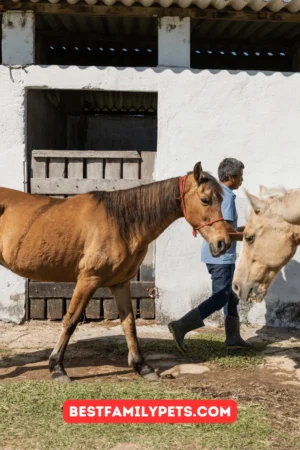
Should Horses be Left Inside or Outside the Field Shelters?
-



How To Identify And Treat Common Back Problems Of Horses?
-



A Detailed Guide About Ifor Williams Horse Trailer
-


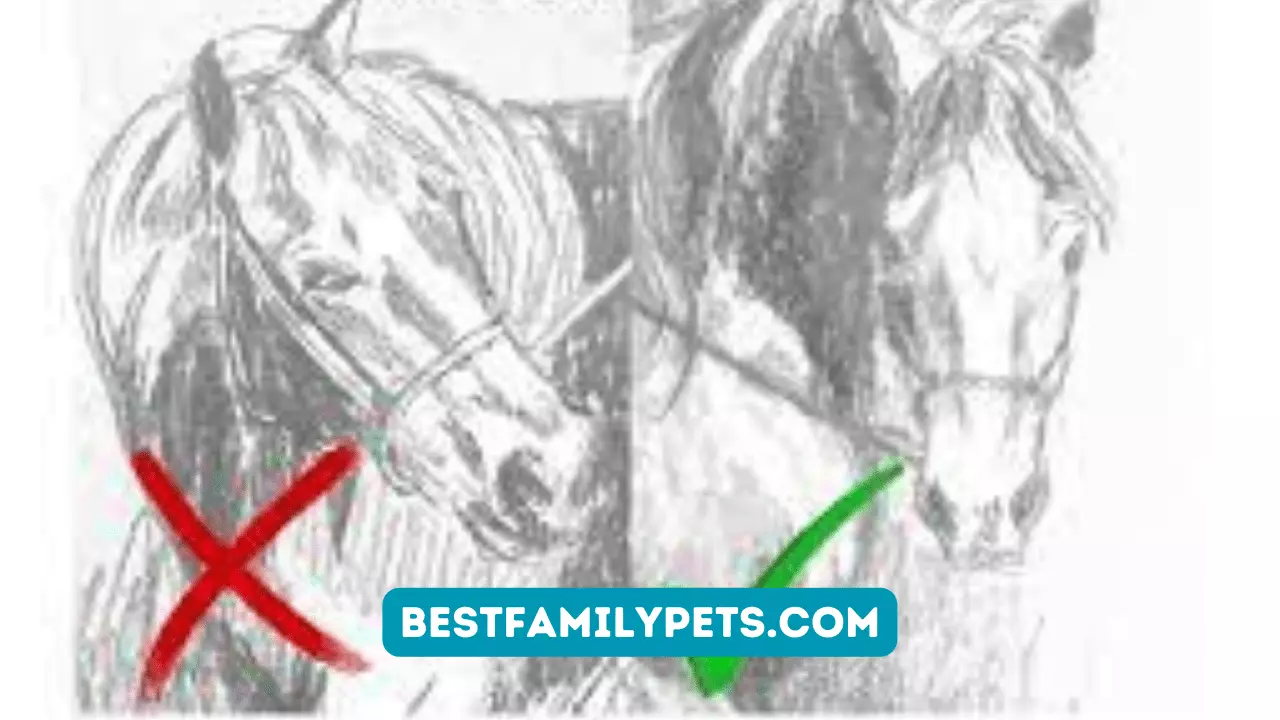
What Is Lateral Flexion in Horses, and How to Improve It?
-



Trailer Review: The Sims 4 Horse Ranch Expansion Pack – The Joy of Equestrian
-



Senior Horse Feed: Meeting The Nutritional Needs Of Your Aging Equine
-


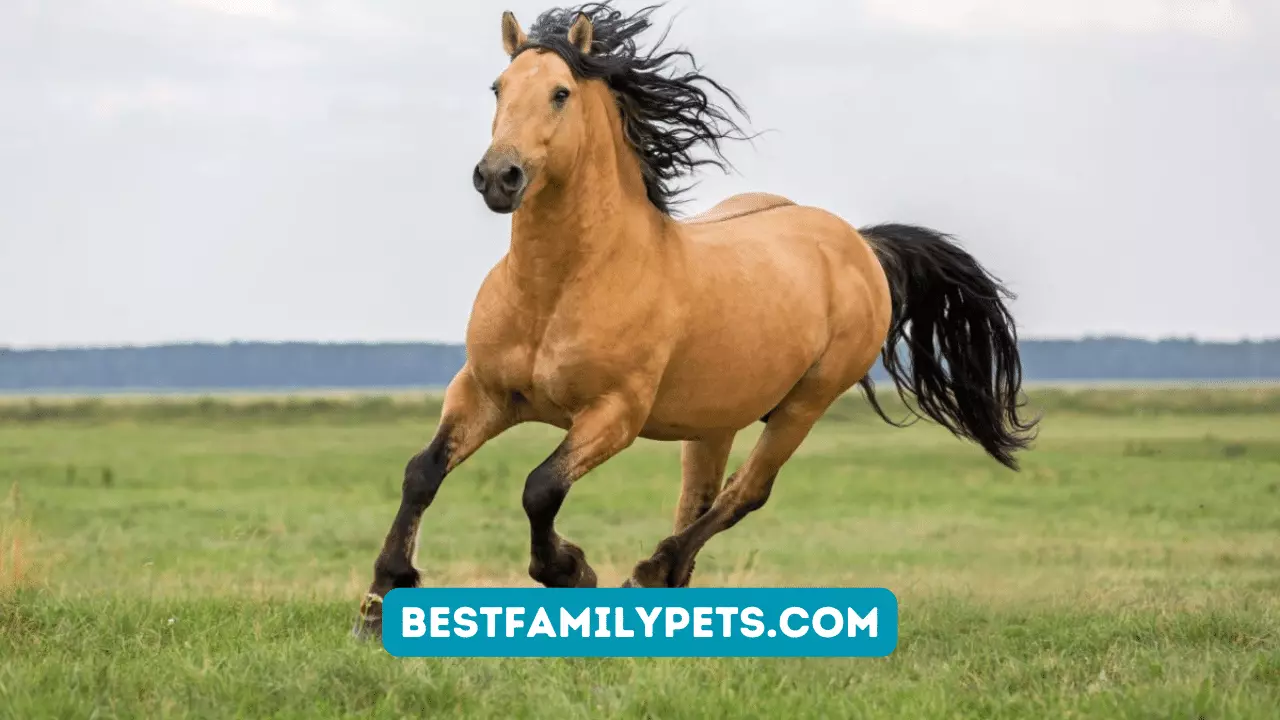
5 Ways To Improve Your Horse’s Gut Health
-


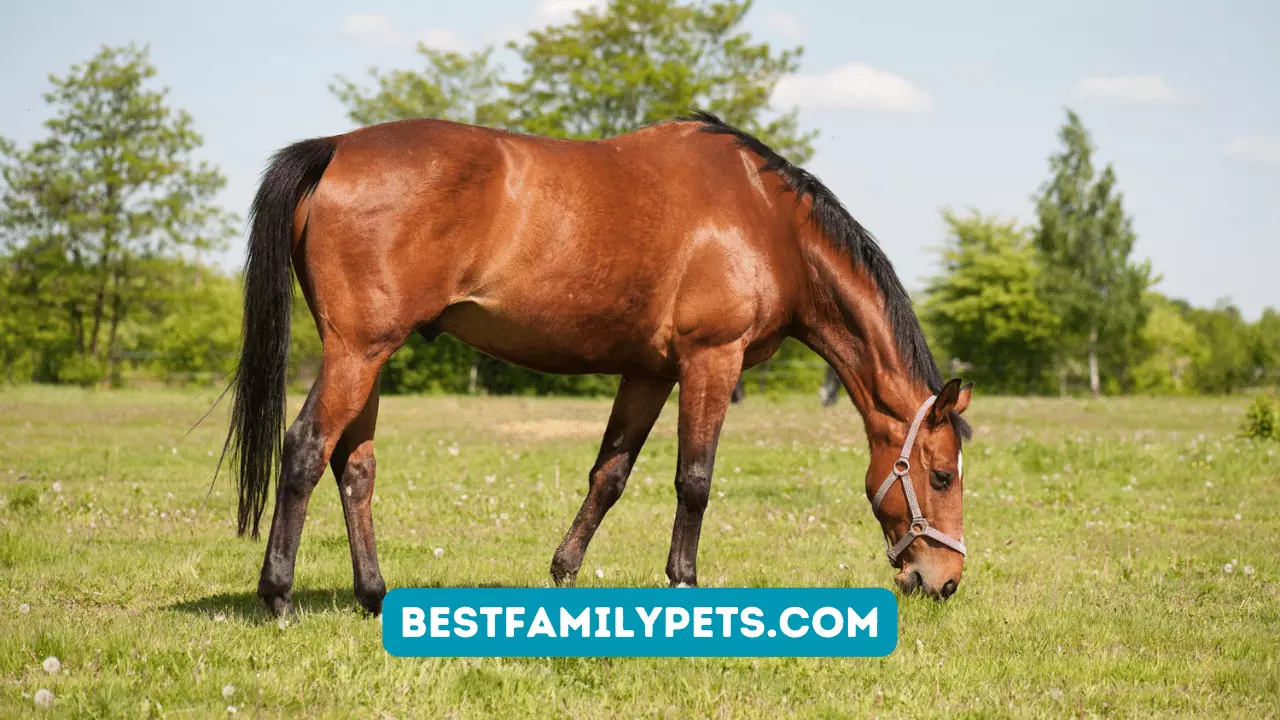
5 Ways To Keep Your Horse Healthy
-


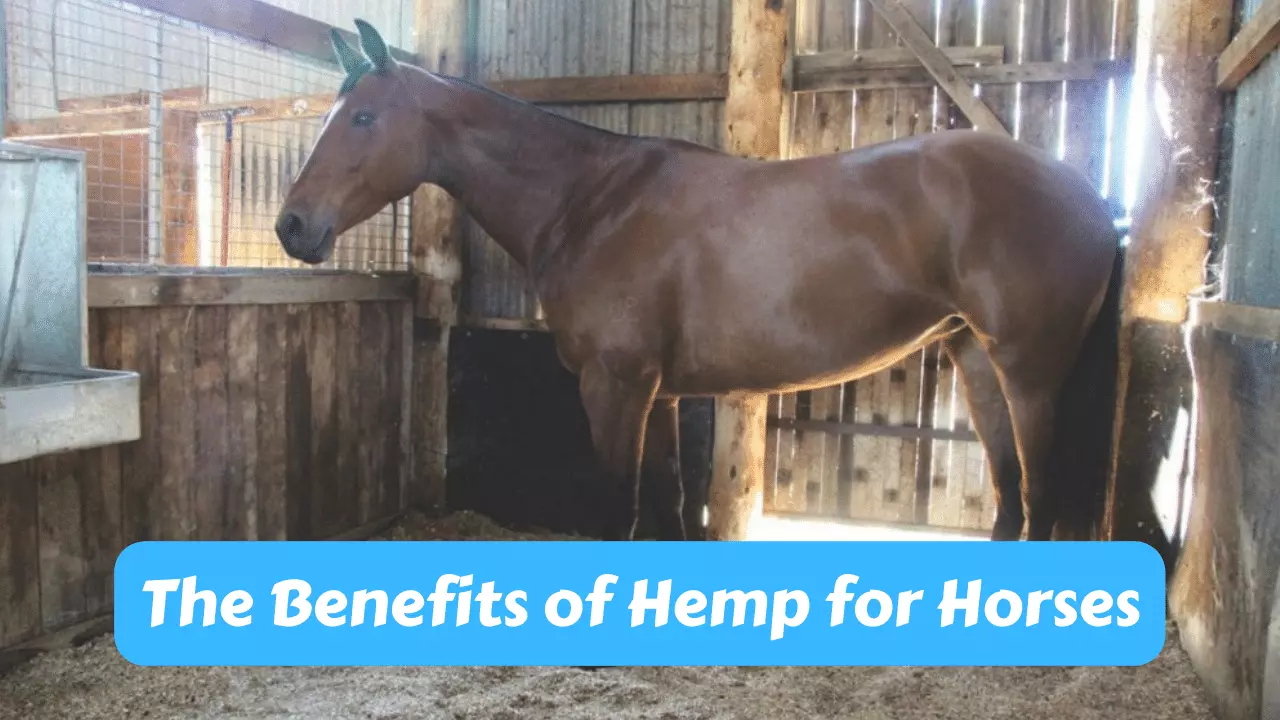
The Benefits of Hemp for Horses
-



Four Ways To Be A Better Horseback Rider
-



How to Compete in Your First Horse Show?


